Kittel: No systematic doping culture in cycling anymore
German sprinter denies having burnout syndrome in 2015
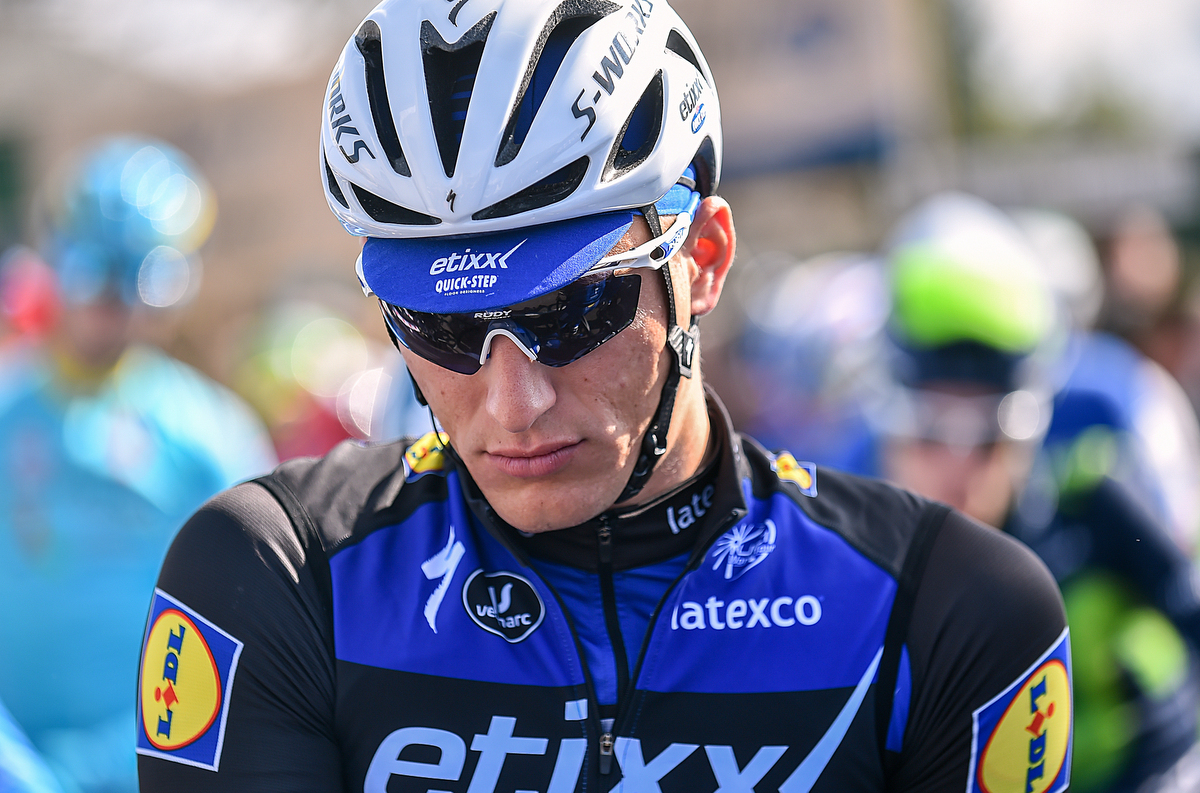
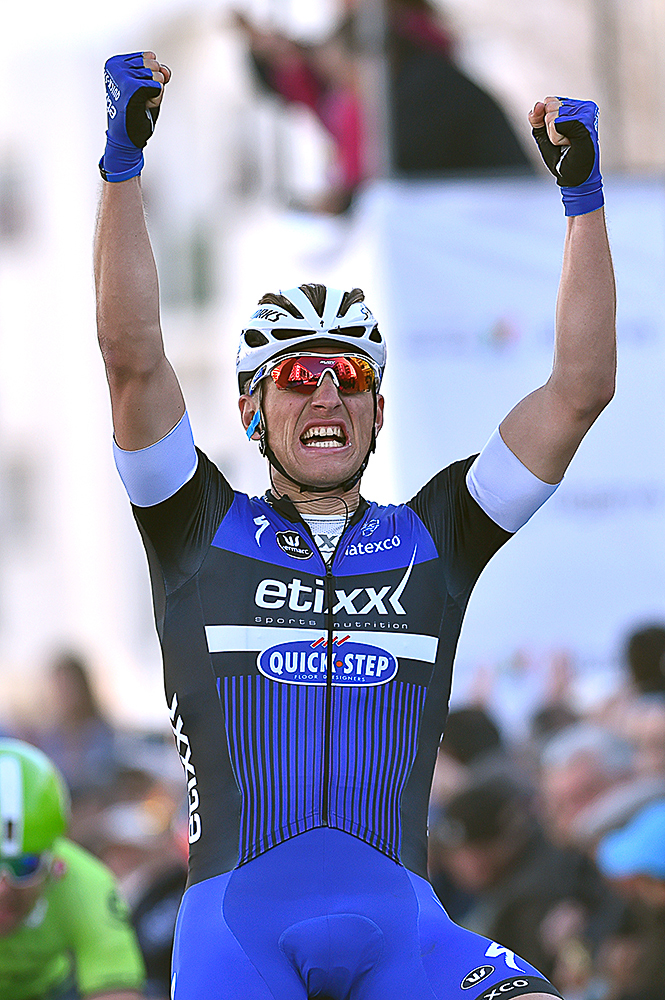
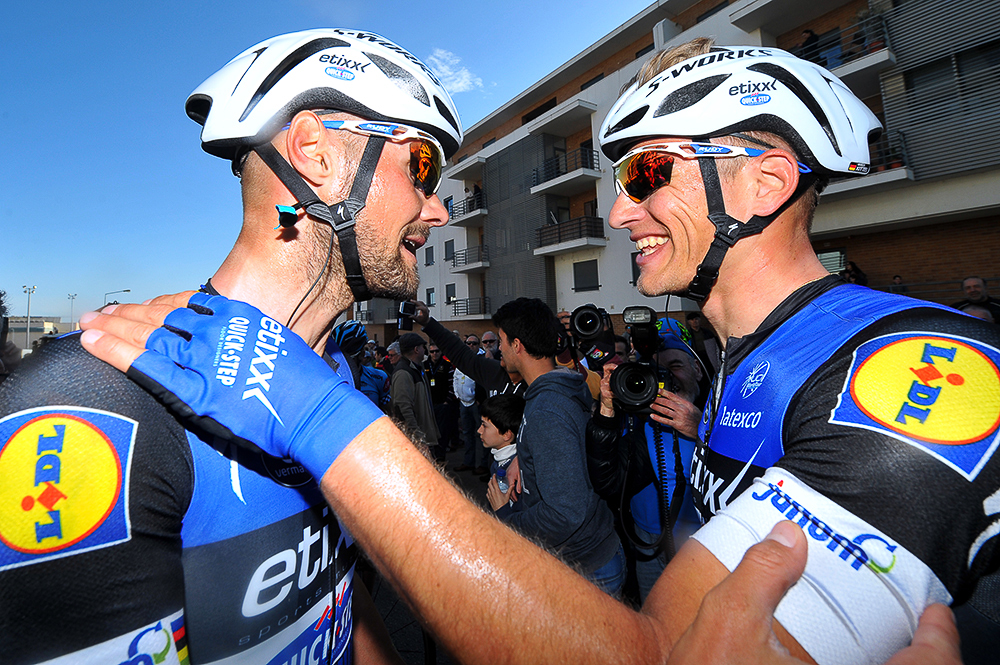
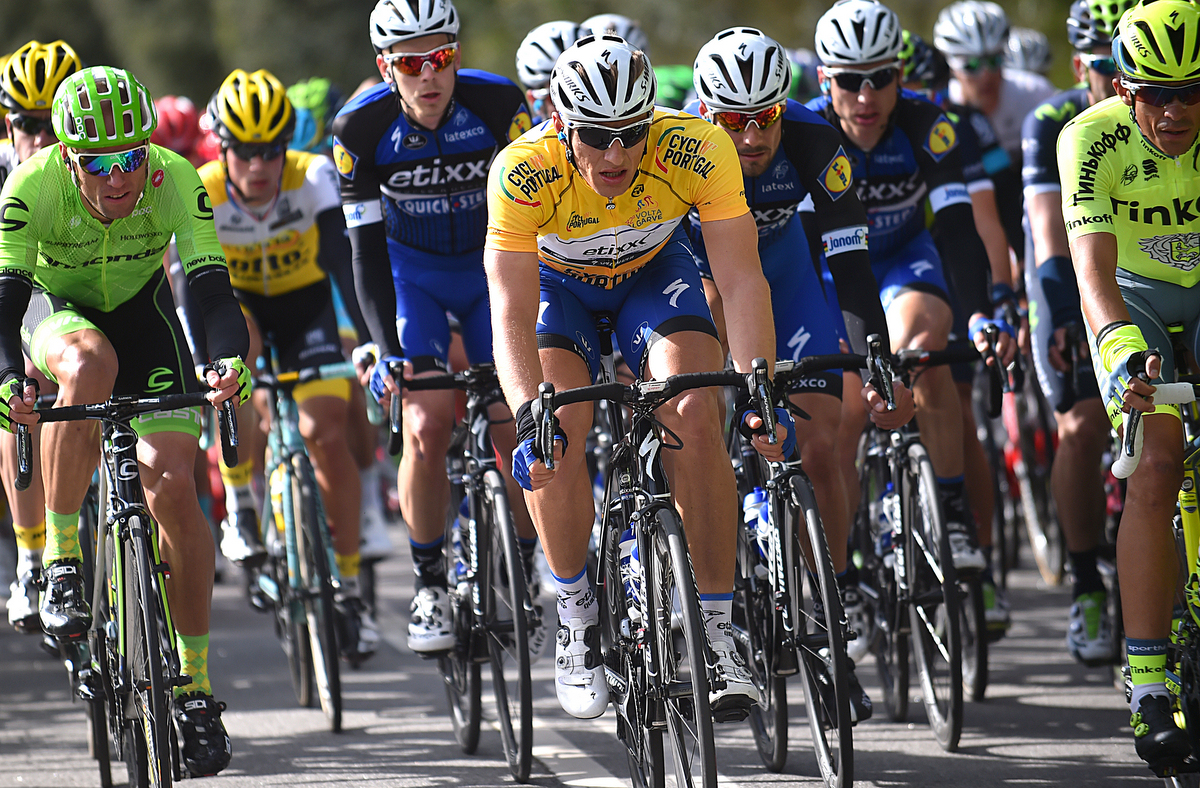
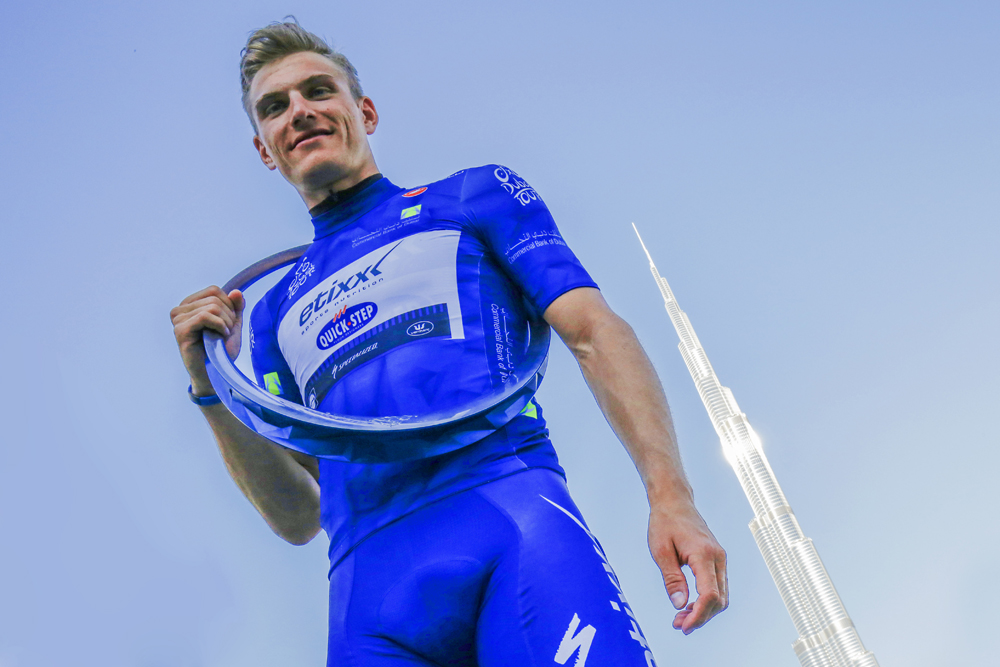
There is no longer a "systematic doping culture" in cycling, German sprinter Marcel Kittel said. He also denied having suffered from burnout syndrome in 2015.
"I believe that the mentality, also that of young athletes who are just now coming to the sport, is a different one," he told the German publication Frankfurter Allgemeine Sonnstagszeitung.
Cycling "could even serve as a role model," he said, although the past is still a problem, for example, with past riders who are still active in the sport. "That is a difficult point: When someone is still in cycling, but shows no understanding. I find that extremely problematic."
However, those who have confessed to past sins deserve a second chance, the Etixx-QuickStep rider said, like his DS Brian Holm. "I find it believable when someone has admitted his mistakes, been punished, and then actively – really actively – takes part on the development of the sport and also convincingly shows that he now wants to go in another direction."
Kittel transferred this year to the Belgian team after a disastrous 2015 with Giant-Alpecin, in which both team and rider appeared to have lost confidence in one another. He emphasized however, that he suffered from a virus and not from burnout syndrome. "No, no burnout, that is nonsense." If he had had it, he would have said so, "but I also find that one shouldn't throw that word around too freely."
"Life has its highs and lows. Things just didn't work out for me, I was sick, I know the reasons."
After only two wins in the entire 2015 season, Kittel already has five wins in the 2016 season with his new Belgian team. He won two stages at both the Volta ao Algarve and the Dubai Tour, taking the overall win in the latter.
Get The Leadout Newsletter
The latest race content, interviews, features, reviews and expert buying guides, direct to your inbox!